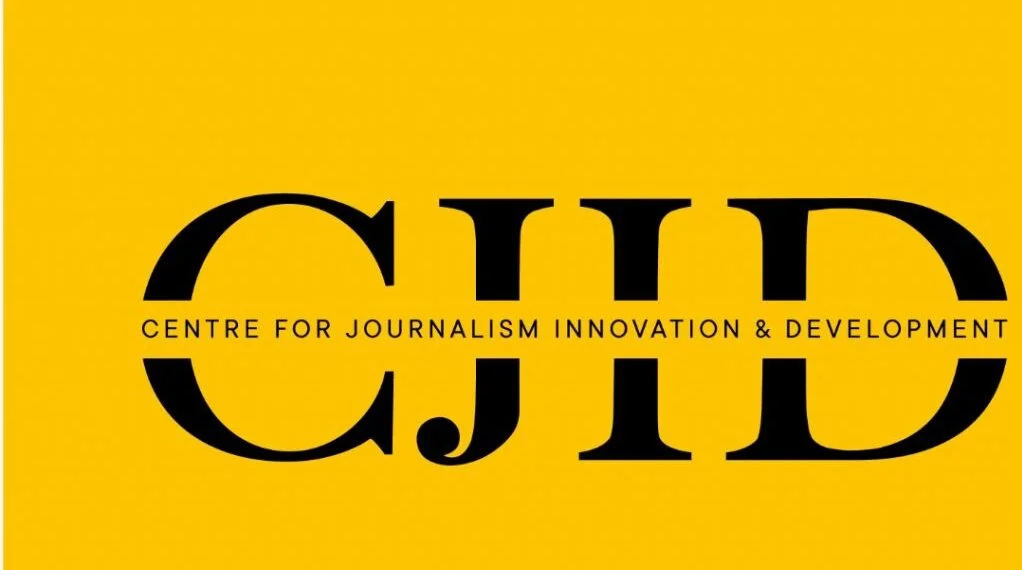Cross River Tops Nigeria’s 2024 Openness Index; Lagos Lags
In a significant assessment of democratic freedoms across Nigeria, the Centre for Journalism Innovation and Development (CJID) has ranked Cross River State as the nation’s most “open” state in its 2024 Openness Index, released in Abuja on Thursday. The index evaluated all 36 states and the Federal Capital Territory (FCT) across seven diagnostic factors, providing an expansive overview of press freedom, civic participation, and media liberty.
Cross River State emerged at the top for its tolerant stance towards dissent, proactive sharing of information, and relatively secure environment for journalists and civic actors. The state was praised for its strong institutional protections and functional media environment with low incidences of harassment. It was joined in the top five by Ondo, Delta, Katsina, and Ekiti states, each showcasing robust democratic credentials.
At the other end of the spectrum, Anambra, Nasarawa, Bauchi, Ebonyi, and Imo states were identified as the lowest performing, reflecting a repressive environment with below-average scores in political tolerance, media independence, and security force behavior.
The report painted a mixed picture for Lagos State, Nigeria’s media and commercial hub. Despite its pivotal role, Lagos ranked 22nd in perceptions of openness and recorded the highest number of journalist murders, according to the Police & Ambushes Tracker (PAT) data. The state also grappled with persistent high-severity violations, including journalist harassment and detention.
Regional differences were evident, with southern states generally outscoring their northern counterparts, although notable exceptions were observed. The index also revealed a worrying disparity between robust legal frameworks and high incident rates, highlighting the gap between laws and their enforcement.
Dapo Olorunyomi, CJID’s Chief Executive Officer, described the findings as a “sobering and hopeful” reflection of Nigeria’s diverse democratic landscape. He stressed that the health of a democracy lies in the everyday freedoms of its citizens, not merely in institutions or elections. Recognizing Nigeria’s federal structure, Olorunyomi emphasized the need to measure openness at the state level, noting that the CJID Openness Index fills this gap by offering a data-driven picture of where openness thrives and where it is under threat.
The Openness Index is a clarion call for action, providing policymakers, journalists, civil society actors, and citizens with a clear, comparative view of their states’ performance and areas needing improvement. By setting key benchmarks, it fosters accountability and creates a pathway for reform.
As Nigeria continues its democratic journey, the CJID’s inaugural Openness Index serves as a valuable tool for all stakeholders, offering insights that can inform policy decisions and help drive an enabling environment for open expression, participation, and media freedom.
